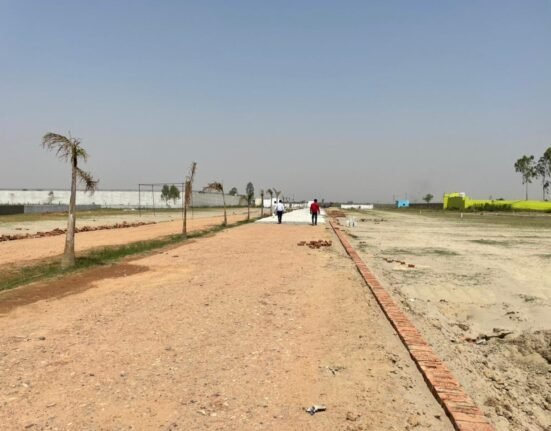Are you an expat planning to move overseas? If so, choosing a neighborhood is probably one of your biggest concerns. To help ease that burden, we made a list of tips for expats choosing a neighborhood abroad. Here’s how to make this process simple and efficient.
Visit potential neighborhoods early and often
As an expat, visiting the neighborhood before moving is essential. You might even want to visit every weekend or whenever you can get so that you get a good feel for what it’s like living there. If your kids are involved in school sports or clubs, it’s a good idea to bring them along and see if they like the area too!
Research housing options before you go
When you’ve decided to move overseas for an extended period of time, it’s important to consider where you want to live. There are many factors that expats choosing a neighborhood should consider. For example, this could be what kind of house you want (e.g., an apartment or villa), the size of the home,the results of the home inspection, or how much money you can spend on rent each month.
You should also consider how long it will take before moving into a new place. If there isn’t any availability until three months from now, then waiting might be more suitable than renting something right away. Also, consider if this is going to be your first time living abroad (or in another country). If so, then learning about local customs — like how often they do laundry or cook meals — and understanding what types of foods their families eat could help ease some transition pains (assuming there aren’t any language barriers).
Rent or buy?
If you’re not sure, it may be best to rent for a while. Renting allows you more flexibility and less responsibility. You can move more frequently if you don’t like the neighborhood or if your family needs new schools and activities.
Renting is cheaper than buying
Expats choosing a neighborhood have less risk of losing money from investment properties. In today’s economy, renting could be a better idea than buying.
The tax deduction for home ownership does not apply to renters
Meet your neighbors
In order to make a new neighborhood feel like home, getting to know your neighbors is essential. Whether looking for a starter or a forever home, a sense of community is one of the most valuable aspects of life abroad. And knowing your neighbors can help you settle in quickly. You can establish relationships in your new neighborhood: introduce yourself when moving in; ask them for recommendations on local amenities; borrow their shovel when it snows, or enlist them as an extra pair of hands for moving day!
Consider safety issues, such as crime rates and traffic
To ensure you’re safe, you should do a few things. First, check crime statistics for the neighborhood. If there’s been a recent increase in burglaries or muggings, it might be worth looking elsewhere.
Secondly, drive around at night and watch for suspicious activity or people loitering on street corners—this can help you figure out how safe your neighborhood is during the evening hours.
Finally, ask locals about traffic patterns and whether they find it easy to get around without getting stuck in traffic jams.
People in supermarkets and restaurants could help
Whether you are a “newbie” or an experienced expat, you should stay healthy and eat good food when living overseas. In case you are still in the process of moving abroad, don’t neglect this. Eating the right food will help you gather your energy and handle this process like a pro. Also, going to a local supermarket can help you connect to local people. Further, this will help you choose a neighborhood that is best for your needs. If you are moving from one neighborhood to another, you will be surprised by how many reviews and experiences you might hear from people living in the city.
Expats choose neighborhood – planning is the key
The first step to finding the best overseas neighborhood for you is planning. The more time you can spend researching, the better.
If possible, visit your destination before moving there and check out neighborhoods in person. For expats choosing a neighborhood, it’s good to ask around about what makes a neighborhood good and why people like living there. You may be surprised by some of their answers – they might not be what you expected! For example:
Some people love nightlife and don’t mind noise. Others don’t want to live near bars or clubs at all.
Some families are looking mostly for an English-speaking environment, while others might prefer learning French or Spanish instead.
Safety is another important consideration. Sometimes this will mean avoiding areas with high crime rates.
Ask your real estate agent for recommendations
Real estate agents are often the best source of information about a community and its schools, churches, and grocery stores. Your real estate agent will know the market and can give you a list of neighborhoods that suit your needs and help narrow down which ones may be right for you. Suppose there are no homes available in the area you’re looking for. In that case, they will also be able to tell you if that’s normal at this time of year/month/week or whether it’s an indication that something has changed with the market (like an increase in properties on sale due to foreclosures).
Conclusion
As an expat, you want to make sure that you’re making the right decision when it comes to expats choosing a neighborhood overseas. Sometimes life throws us curveballs, but if you can plan ahead, there’s no reason why your overseas journey can’t be one full of adventure and excitement!








